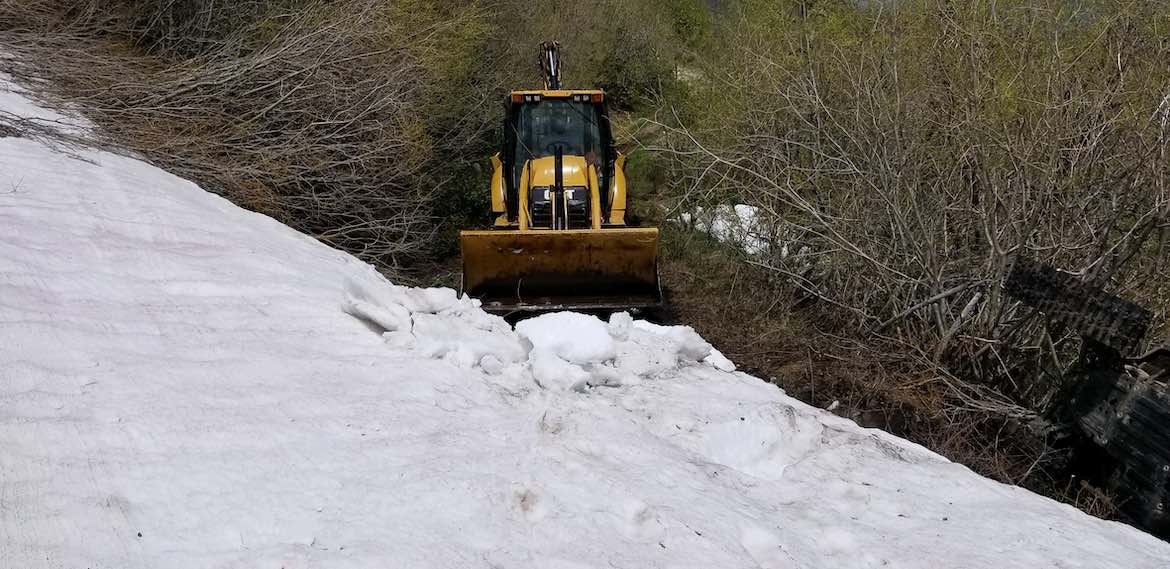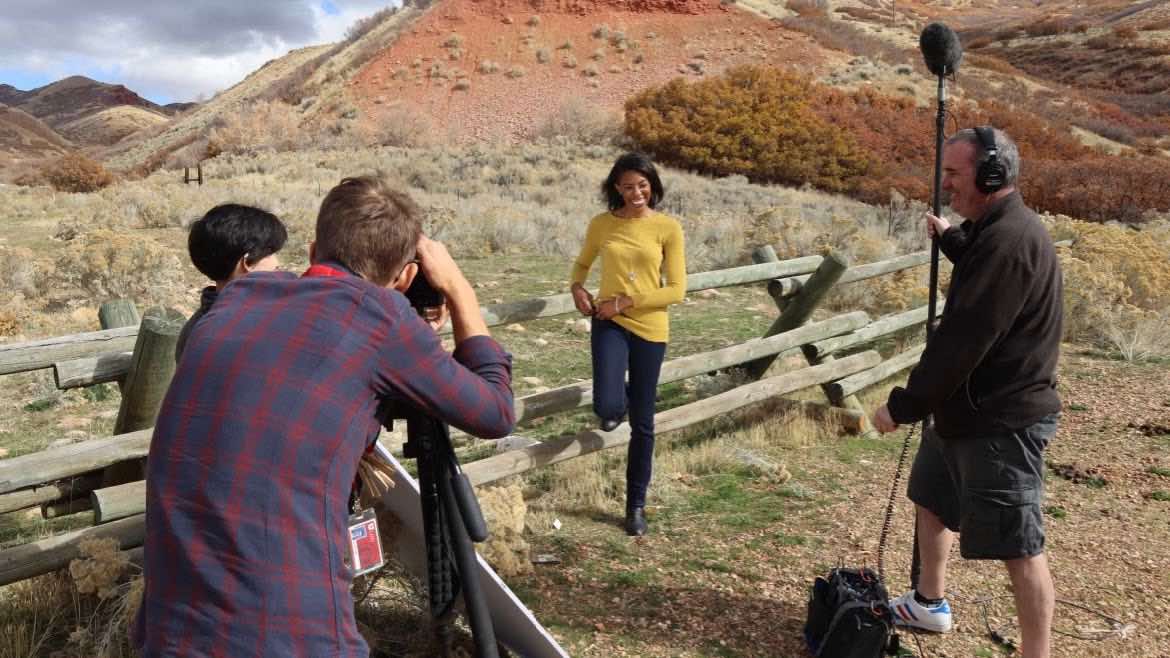Tag: KUED
Never-ending winter hampers conversion of TV translators
Engineers at public TV stations in the Mountain West are still coping with wintry weather as they try to complete their pieces ...Utah’s KUED amps up local production with magazine series
The creators of "This is Utah" say it's as unique as the state where it's produced.Utah station tackles youth suicide with new program, local outreach
KUED in Salt Lake City premiered “Hope Lives: Preventing Teen Suicide” Monday.Morgese accepts GM post at KUED-TV
Veteran pubcaster James Morgese will take over Dec. 1 as GM of KUED-TV in Salt Lake City. Morgese has more than 30 years ...KUED wins eight regional Emmys, while KUAT receives another six
John Howe, senior producer of the Salt Lake City–based station operated by the University of Utah, won four of KUED’s Emmys: three ...Rural translators threatened with loss of their frequencies
Translators — the lonely relay-runners of broadcasting — are a rural institution under siege. While pubcasters use hundreds of them to reach ...





